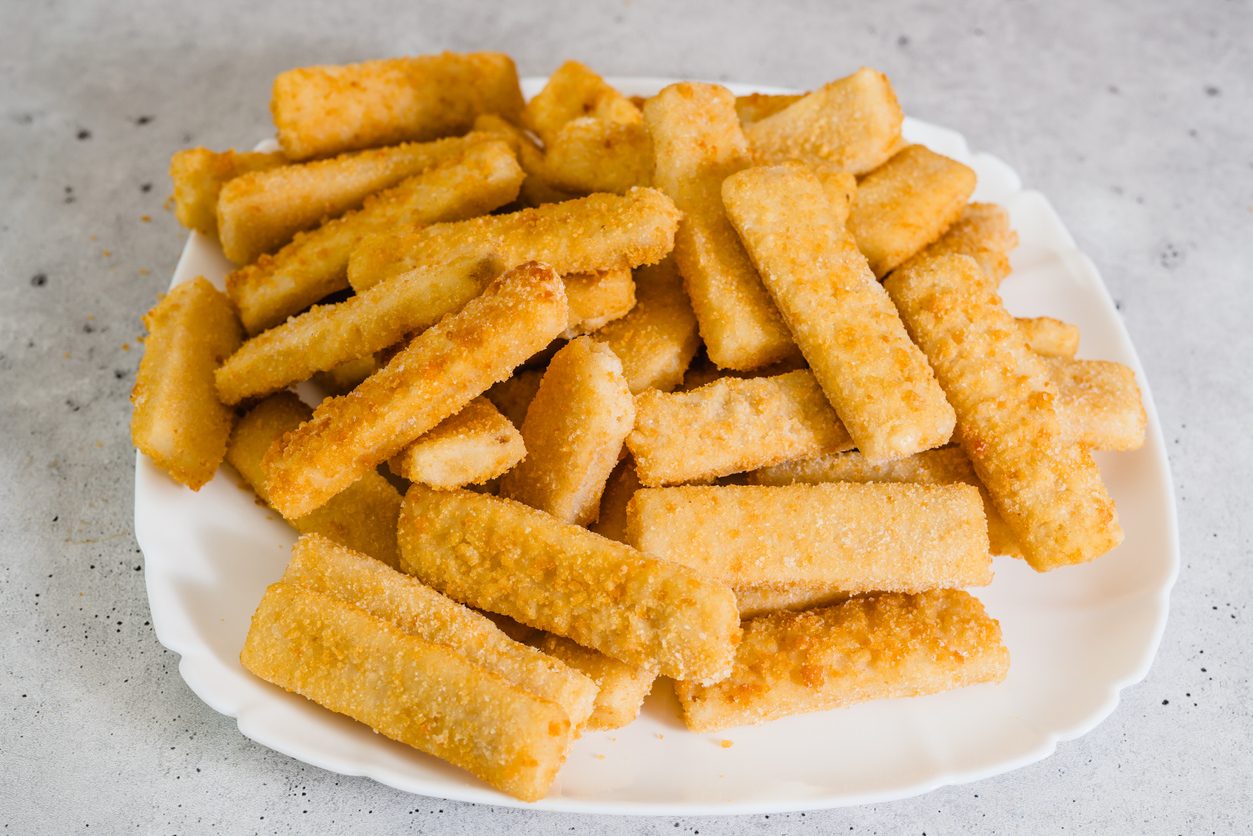Why You Should Never Eat Pistachio’s Shells
Eating pistachio shells is risky due to their hardness and indigestibility, which can cause dental damage and digestive issues. There's no safe way to consume them, and they offer no nutritional benefits. Enjoy the nuts for their health perks, but always discard the shells.
;Resize,width=742;)
As we celebrate National Pistachio Day, it's a time to appreciate these vibrant, flavorful nuts that have become a staple in our snacks and culinary creations. Pistachios, with their unique taste and impressive health benefits, are celebrated worldwide. They're not just delicious; they're packed with nutrients, offering a great source of healthy fats, protein, fiber, and antioxidants. However, amidst the festivities and enjoyment of these green gems, there's an important cautionary note to bear in mind: the shells of pistachios are not meant to be consumed.
The Risks of Eating Pistachio Shells
Pistachio shells are hard, fibrous, and indigestible. Eating them can pose several risks.
The hardness of pistachio shells can easily lead to cracked or broken teeth, causing pain and potentially costly dental repairs. Given their indigestible nature, pistachio shells can cause choking or intestinal blockage, which might require medical attention. Additionally, the sharp edges of chewed shells can irritate or cut the lining of the mouth, throat, and digestive tract.

What Happens If You Ingest a Pistachio Shell
Accidentally ingesting small fragments of pistachio shells might not cause harm, as they are likely to pass through the digestive system without incident. However, consuming larger pieces or whole shells can lead to serious digestive complications, including obstructions that may necessitate surgical intervention.
Can You Ever Eat Pistachio Shells?
In short, no. There are no known safe methods for making pistachio shells edible. Some might wonder about the potential for ground shells in culinary applications or as a dietary fiber source, but the risks far outweigh any perceived benefits. The shells lack nutritional value and their indigestible nature makes them unsuitable for consumption.

Health Benefits of Pistachios
While their shells are off-limits, the nuts themselves are nutritional powerhouses. Pistachios are rich in vitamins and minerals, including Vitamin B6, potassium, and antioxidants. They promote heart health, weight management, and blood sugar control, making them a valuable addition to any diet.
;Resize,width=767;)

;Resize,width=712;)
;Resize,width=712;)
